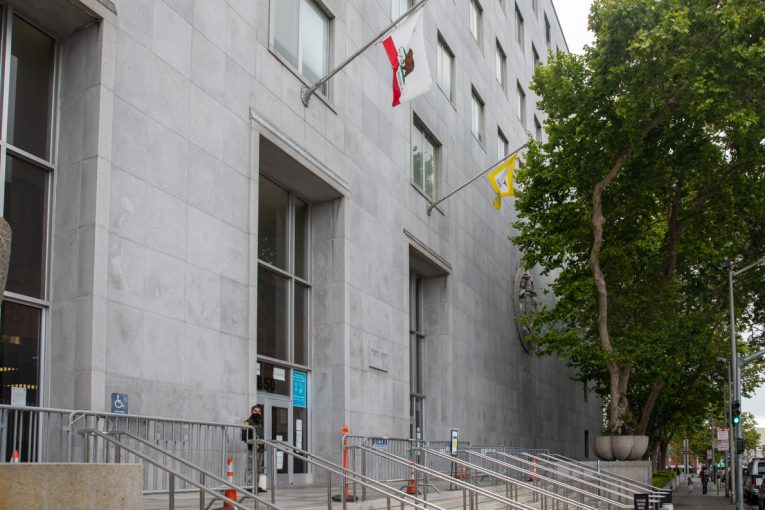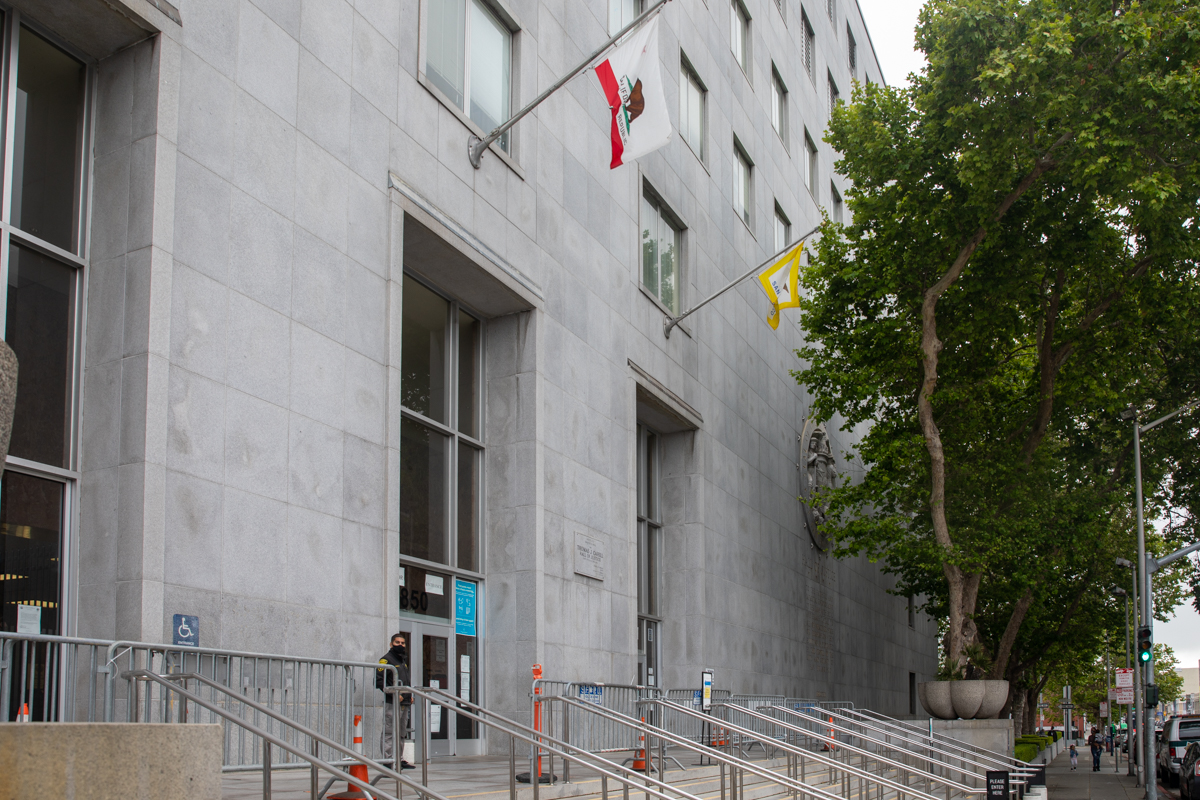

By Sophia Barberini and Jeramie Gutierrez
SAN FRANCISCO, CA – Defense witnesses took the stand in San Francisco County Superior Court Tuesday for the ongoing trial of Omar Herrera, who is charged with committing first-degree murder last year when he was only 19.
The jury watched as Deputy Public Defender Danielle Harris called her witnesses to the stand, beginning with the defendant’s high school history teacher.

Attempting to shed light onto the defendant’s character, PD Harris inquired about Herrera’s demeanor while he was in high school. The witness recounted his time as the defendant’s teacher with adoration.
“He was very straightforward,” said the witness, describing Herrera as an “honest” and “truthful” person.
The witness went further to say that, despite the great deal of violence at the defendant’s high school, Herrera was “not violent at all,” characterizing the defendant as someone with integrity.
After establishing the defendant’s character with her first witness, PD Danielle Harris called her next witness, an eyewitness who allegedly saw the defendant, along with his alleged accomplice, flee the scene.
The witness claimed that, after he heard a gunshot outside of his home, he looked out his window and saw three individuals running—the victim, the defendant, and the defendant’s friend. He also claimed to have seen the defendant and his friend getting into a car.
PD Harris made inquiries about the specifics of the witness’ testimony, highlighting discrepancies between his testimony now and his testimony closer to the incident, as the witness currently stated that the victim fell forward, rather than falling backwards, as he initially stated.
In emphasizing these discrepancies, PD Harris was preparing for her next witness, an expert in eyewitness memory and perception, who explained that passage of time and “suggestive questioning” can diminish a person’s memory.
““Wine gets better as it ages. Cigars get better as they age. Memories don’t. Memories get worse, not better, as time goes by,” stated the witness, as he attempted to display the margin of error in memory recall.
“Under ideal circumstances, people know what they know [and] don’t know what they don’t know.” However, he explained, a person’s “level of confidence is highly malleable” and any small amount of encouragement (for instance, from the police) can change a “not even very sure” to a “totally sure.”
This is what the witness calls “confidence inflation,” which consistently can cause witnesses to believe that their memory of a crime is better than it actually was.
In order to demonstrate the inconsistencies with eyewitness testimony, PD Harris provided the expert witness with a hypothetical that matched the claims of the eyewitness that stated he saw the defendant and the victim running away.
Given the stressfulness of the situation, he explained, it is likely that the witness was “not able to keep track of things,” as emotions cause the brain to be “non-observant.” Further, explained the expert, “Things were going by very quickly,” and proximity of the identified apparent culprits adds to the confusion.
The expert concluded that enough concerns “are stacked up against” the hypothetical, from a scientific perspective that the inconsistencies and discrepancies are “not surprising at all.”
The witness was excused and the trial is set to reconvene Wednesday.
To sign up for our new newsletter – Everyday Injustice – https://tinyurl.com/yyultcf9
Support our work – to become a sustaining at $5 – $10- $25 per month hit the link:
